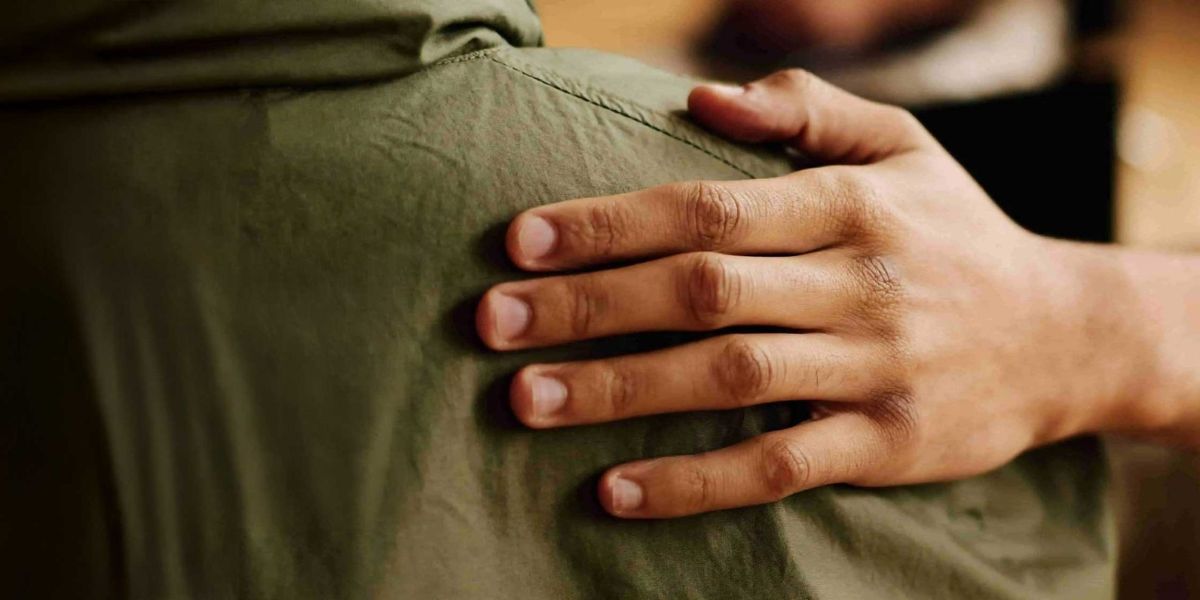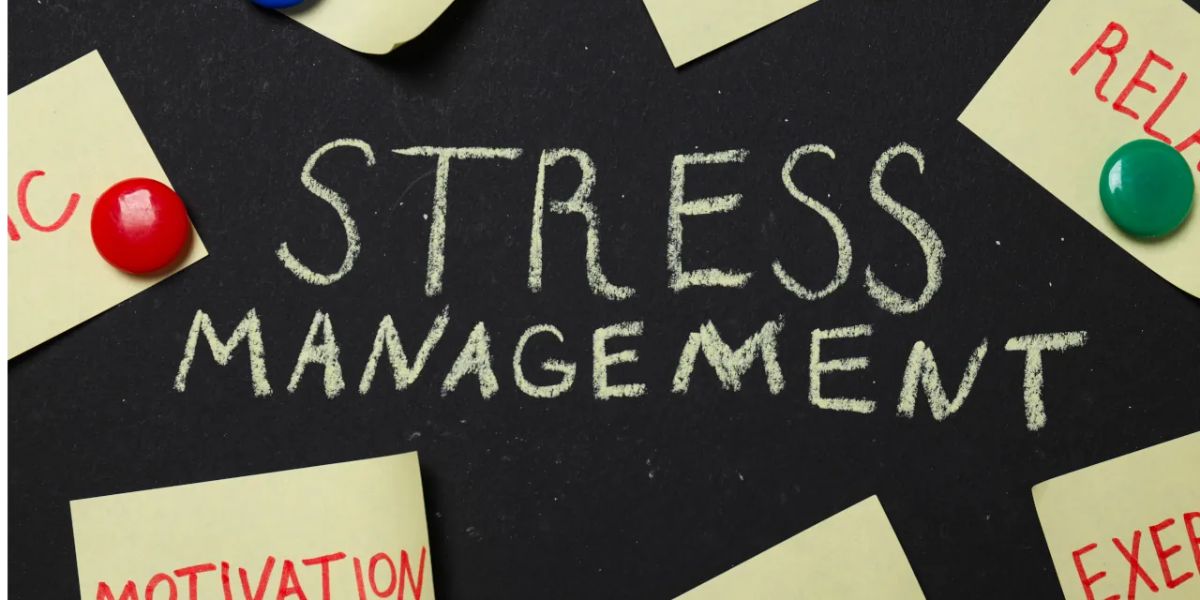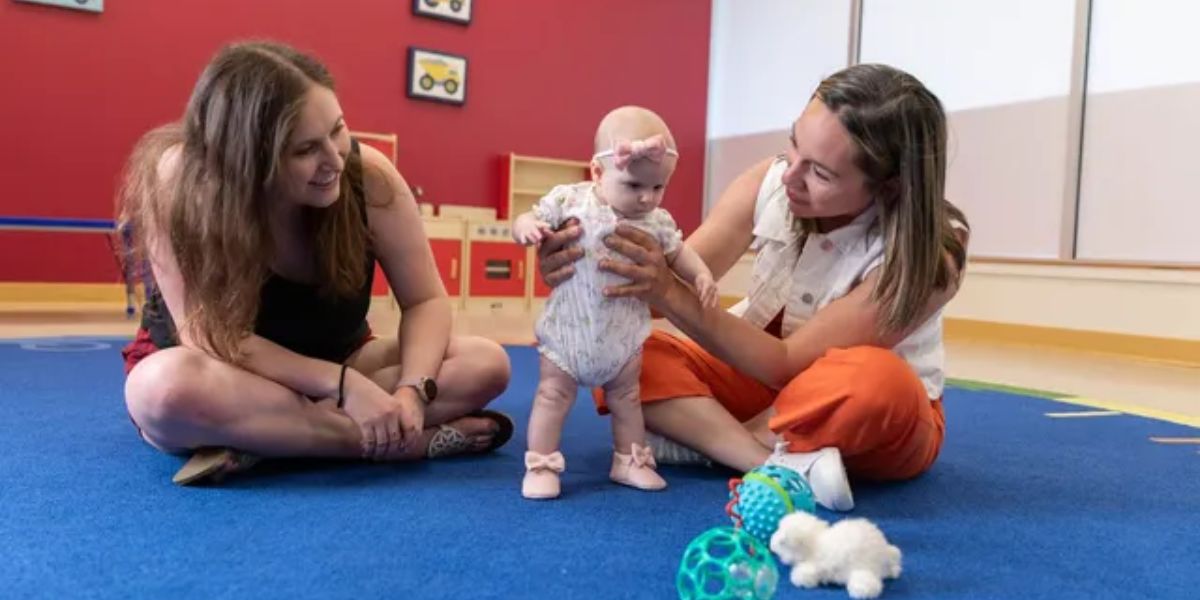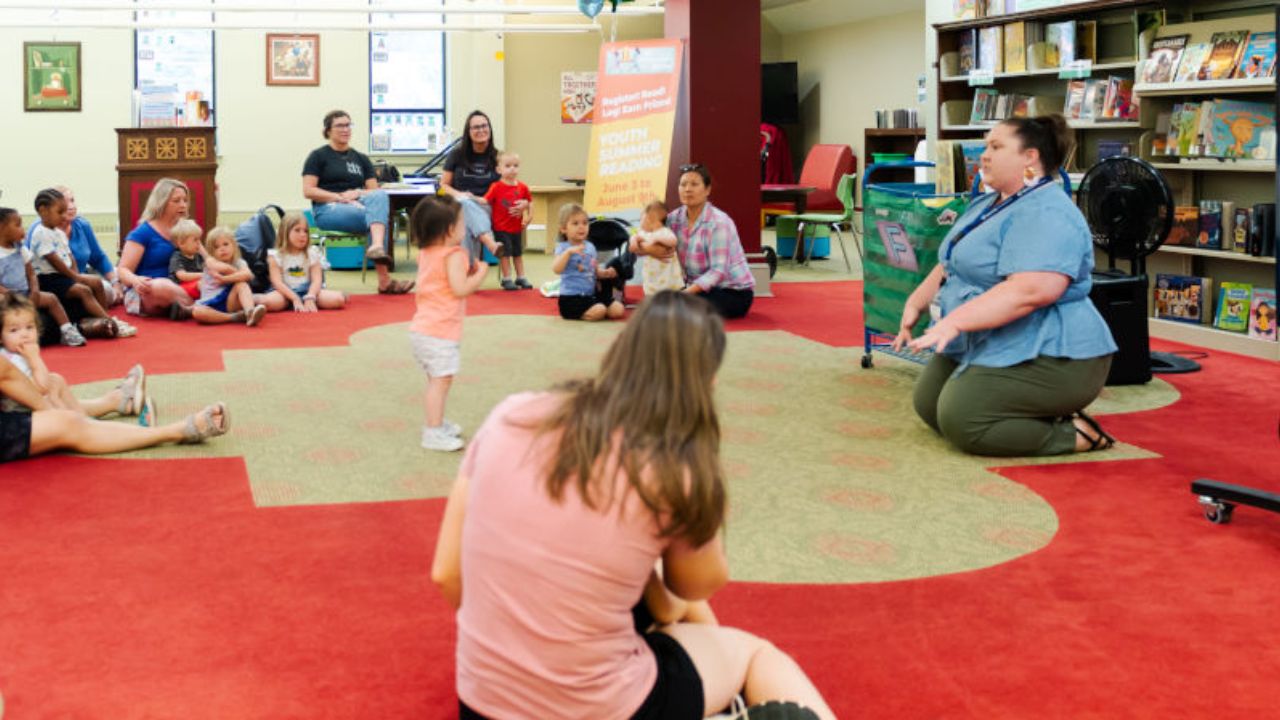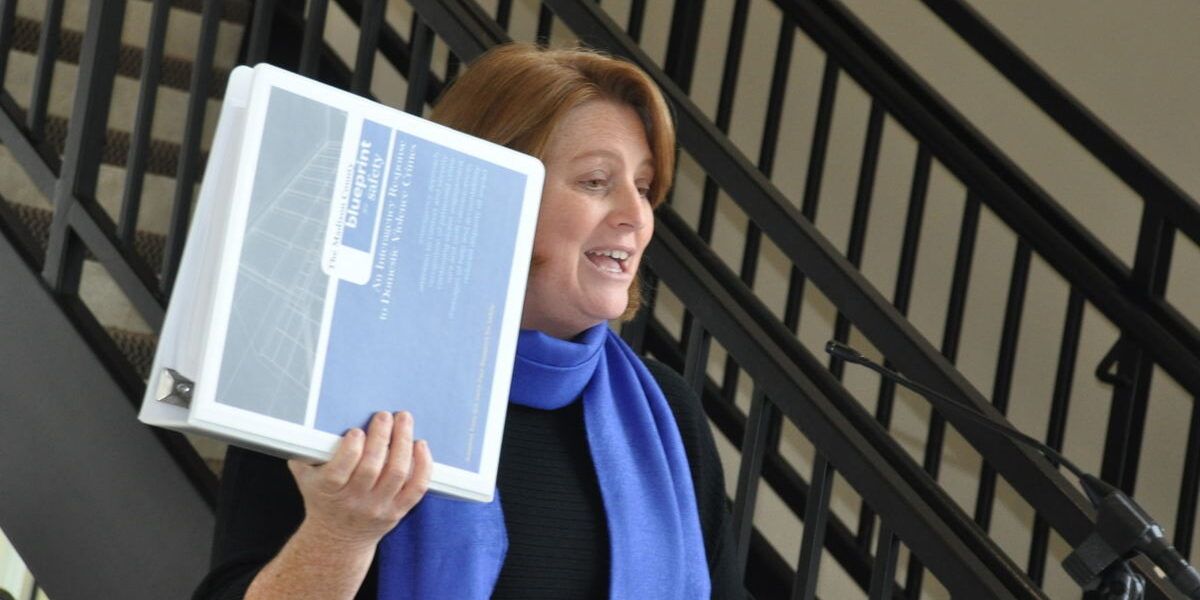Resilience is the foundation of emotional well-being—our ability to adapt, recover, and grow stronger after facing adversity. In Madison County, behavioral health experts are reimagining how resilience is built within families, schools, and communities. Through trauma-informed care, community partnerships, and early intervention programs, local organizations are helping residents navigate life’s challenges with strength and hope.
Understanding Resilience in Behavioral Health
Resilience isn’t simply about “bouncing back.” It involves developing the skills, mindset, and support systems needed to cope with stress, trauma, and mental health challenges. Behavioral health specialists in Madison County define resilience as a combination of emotional regulation, problem-solving, and social connection—all of which can be taught and nurtured.
Table of Contents
Madison County’s behavioral health programs focus on building these protective factors early, helping individuals—especially children and teens—gain tools to manage anxiety, grief, or trauma before these experiences evolve into long-term conditions.
Trauma-Informed Care: A County-Wide Approach
Across Madison County, behavioral health providers are embracing trauma-informed care, an approach that recognizes how adverse experiences affect both mental and physical health. This method emphasizes safety, trust, and empowerment, ensuring that treatment environments feel supportive rather than clinical.
Clinicians trained in trauma-informed care understand that trauma can show up as behavioral issues, withdrawal, or difficulty concentrating. By approaching each client with empathy and context, Madison County’s behavioral health teams reduce re-traumatization and create space for healing.
For example, many school counselors and family therapists in the area have integrated trauma screening into their assessments, allowing for personalized treatment plans that address the root causes of distress rather than just the symptoms.
Early Intervention Programs for Youth and Families
Youth mental health remains a top priority in Madison County. Local agencies and school-based programs have launched initiatives that identify emotional and behavioral concerns early—before they become crises.
The Madison County Youth Resilience Initiative, for instance, provides counseling, mentorship, and social skills training for middle and high school students. Teachers and parents are encouraged to refer students showing early signs of anxiety, depression, or behavioral challenges.
Similarly, family-focused programs led by social workers like Maya Collins emphasize parent education and family systems therapy. By helping caregivers understand how to respond constructively to stress and conflict, these programs create more stable, supportive home environments.
Integrating Behavioral Health into Primary Care
Another key factor in building resilience across Madison County is the integration of behavioral health services into primary care settings. This approach allows patients to receive mental health screenings, substance use assessments, and counseling referrals during routine medical visits.
Practitioners like Daniel Harris, a local family nurse practitioner, advocate for this model because it reduces stigma and increases accessibility. When behavioral health professionals collaborate directly with medical providers, patients are more likely to receive comprehensive care that addresses both body and mind.
These integrated clinics in Madison County have shown measurable improvements in treatment adherence, chronic disease management, and overall patient satisfaction—all critical components of long-term resilience.
Community Partnerships and Peer Support
Behavioral health resilience isn’t built in isolation—it thrives in community. Madison County’s success lies in its network of partnerships between local nonprofits, schools, healthcare providers, and faith-based organizations.
Peer support programs, in particular, have become a cornerstone of this effort. Individuals in recovery from mental health or substance use disorders are trained to mentor others going through similar experiences. Their lived experience builds trust, reduces isolation, and promotes hope—qualities that clinical treatment alone can’t always provide.
Community-driven events, such as wellness workshops and mental health fairs, further encourage connection and dialogue, helping reduce stigma around behavioral health.
The Role of Schools in Promoting Mental Wellness
Schools across Madison County are no longer just places of learning—they’re becoming centers of mental wellness. Teachers and administrators receive training on recognizing signs of distress and connecting students with counselors early.
Programs that teach mindfulness, emotional regulation, and conflict resolution are being embedded into school curriculums, helping children develop coping skills that will serve them throughout life.
Behavioral health teams collaborate closely with school districts to ensure that students receive continuous care, even during transitions between grade levels or schools. This continuity is essential for maintaining emotional stability and fostering long-term resilience.
Looking Ahead: A Resilient Madison County
Madison County’s behavioral health community has demonstrated that resilience isn’t a fixed trait—it’s a skill that can be learned, shared, and strengthened through collective action. By combining trauma-informed care, family engagement, and cross-sector collaboration, the county is building a stronger foundation for mental wellness that reaches every resident.
Behavioral health resilience in Madison County is not just about treating illness—it’s about cultivating wellness, hope, and connection across generations.
Call to Action
At mcchc.org, we believe that building resilience starts with awareness and support. If you or someone you know is struggling with mental health challenges or wants to learn more about available community programs, explore our Behavioral Health section today. Together, we can help Madison County thrive—one resilient story at a time.

